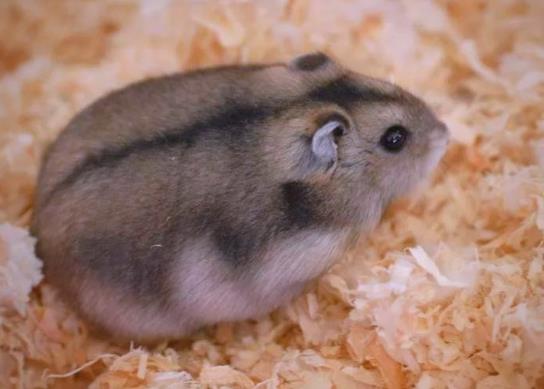Dwarf hamsters are not typically social animals, so their care requires special attention to the following key points:

Solitary Nature
Dwarf hamsters have a strong sense of territoriality. When housed together as adults, they are highly prone to fighting, which can even result in death.
While they may coexist peacefully for a short time during their juvenile stage, they must be separated into individual cages once they reach adulthood.
Limitations of Group Housing
Only certain dwarf hamster species (such as Campbell's dwarf hamsters and Roborovski hamsters) can be tentatively kept in groups under strict conditions. However, artificial environments still cannot fully replicate the natural mate-selection dynamics in the wild, making group housing a high-risk endeavor.
Syrian hamsters (golden hamsters), on the other hand, are strictly prohibited from being housed in groups.
Care Recommendations
The "one hamster, one cage" principle must be followed to avoid health risks or threats to their lives.
If you need to observe interactions between hamsters, it is advisable to use a transparent divider for temporary separation rather than keeping them together long-term.
